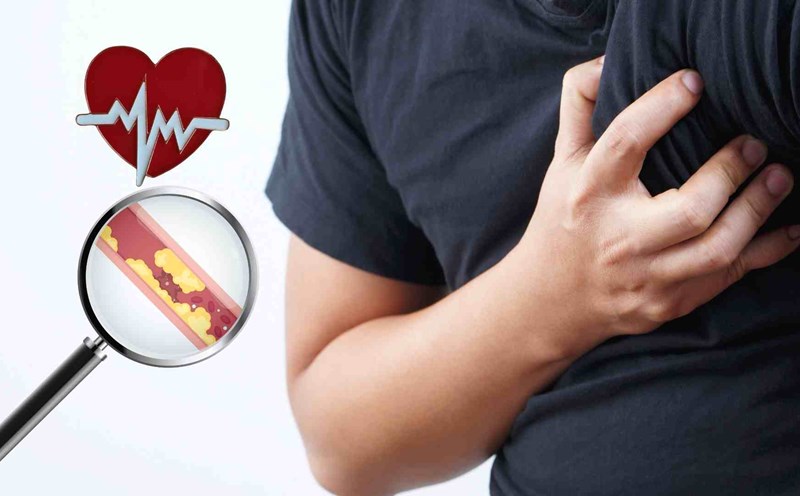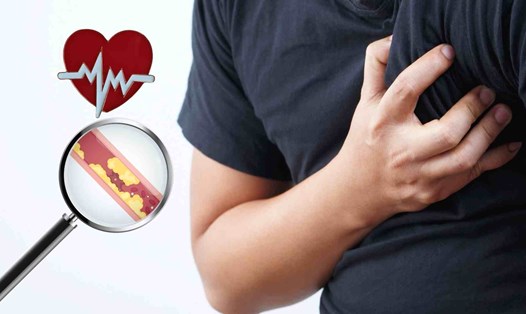According to Dr. Siddhi Rane, Neurologist at Apollo Clinics (India), when the temperature drops, the body reacts by constricting the blood vessels to keep warm. This leads to an increase in blood pressure, making the heart work harder to pump blood through the narrowed blood vessels. This can increase the risk of blood clots forming, leading to blockages and strokes. The colder it is, the more the blood vessels constrict, increasing the risk of blockages and reducing blood flow to the brain, thereby causing strokes.
Additionally, people with underlying medical conditions such as high blood pressure, heart disease or diabetes may be more susceptible to problems in cold weather. Cold temperatures can also aggravate these conditions, increasing the risk of stroke in vulnerable people.
Impact of cold weather on other risk factors
“For every 1°C drop in temperature, the risk of stroke increases by 1-2%. Cold weather can also aggravate conditions such as high blood pressure, diabetes and heart disease, which increase the risk of stroke,” says Dr. Rane. In addition, cold weather can lead to:
Decreased physical activity: When it's cold, people tend to be less active, which can lead to poor cardiovascular health. Lack of physical activity can increase the risk of stroke.
Poor diet: Winter can cause many people to change their diet, often eating foods that are high in calories and low in nutrients, which can affect heart health.
Social isolation: Cold weather can also make people less social, causing feelings of loneliness and stress, increasing cardiovascular risk.
Increased blood clotting: Cold weather can increase the body's ability to clot blood, creating conditions for blood clot formation, contributing to stroke.
Precautions
Dr Siddhi stressed that people at high risk need to take precautions during the cold season to protect their health.
- Wear warm clothes and limit going out in cold weather.
- Maintain regular physical activity, such as indoor exercise.
- Eat a healthy diet with plenty of fruits, vegetables and whole grains.
- Monitor blood pressure and cholesterol levels.
- Make sure to drink enough water and control stress.







